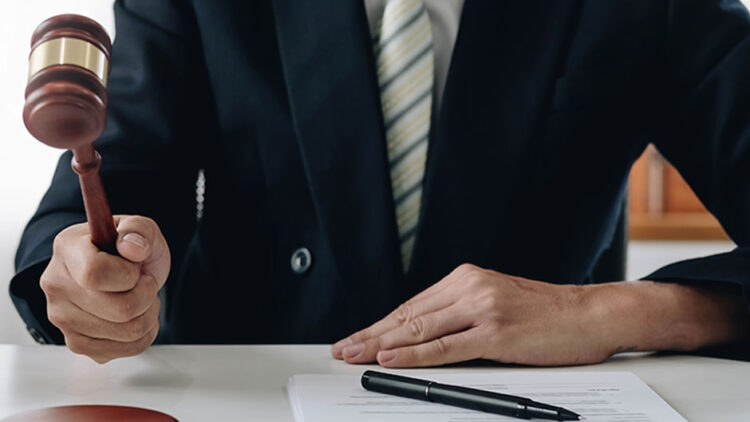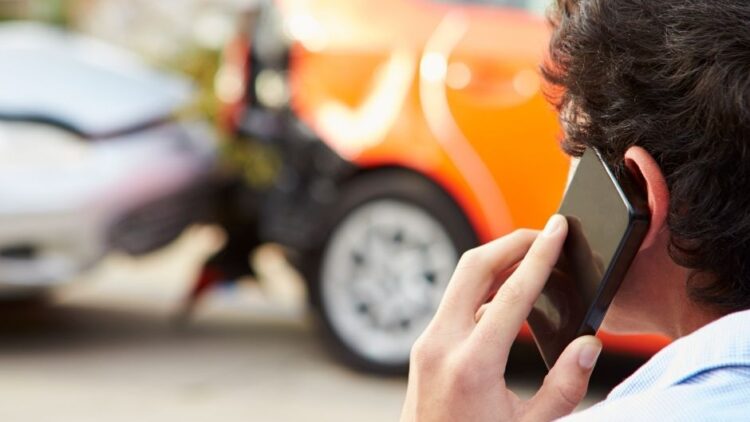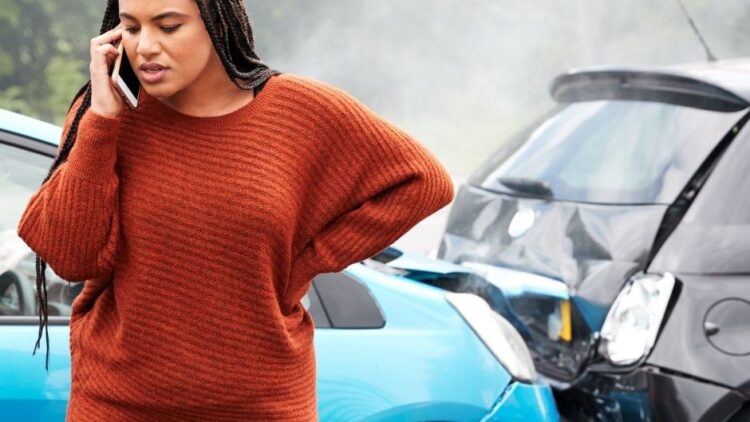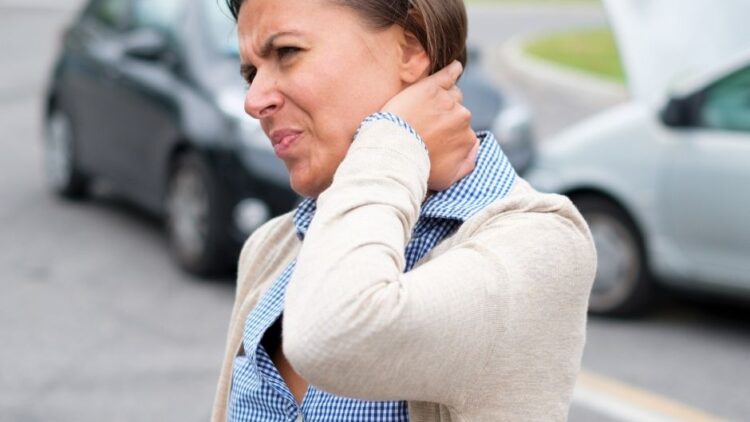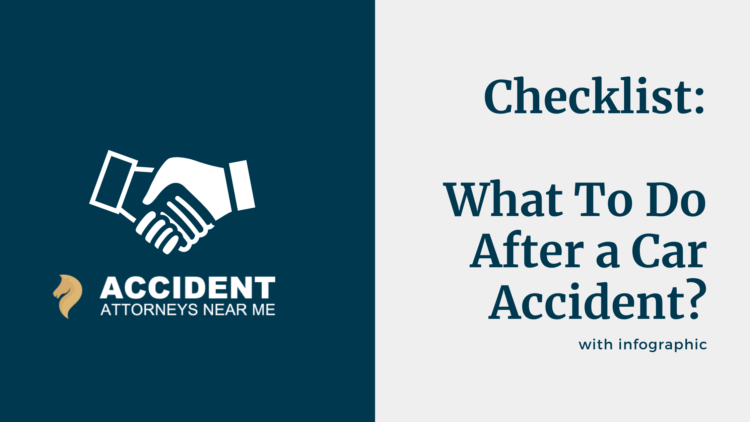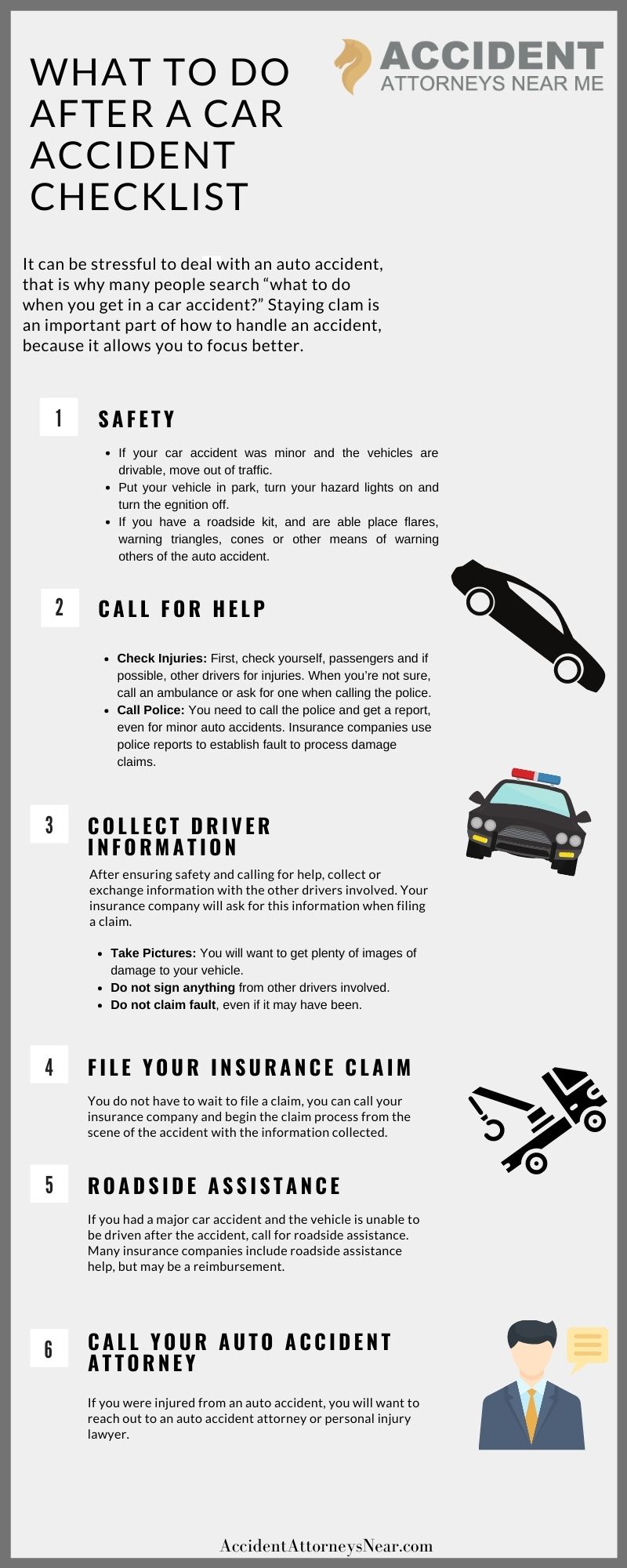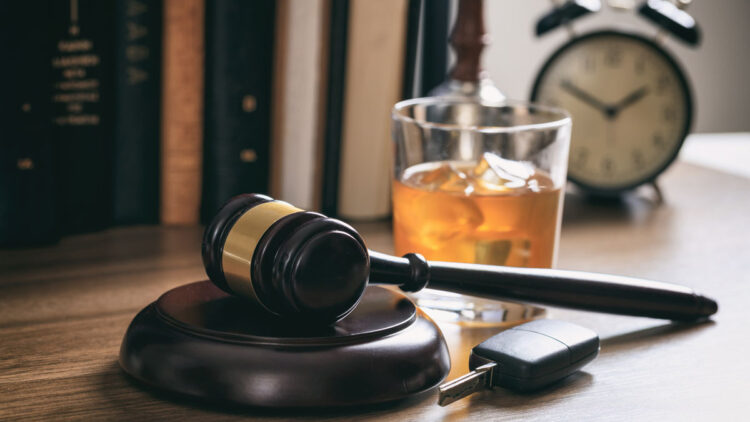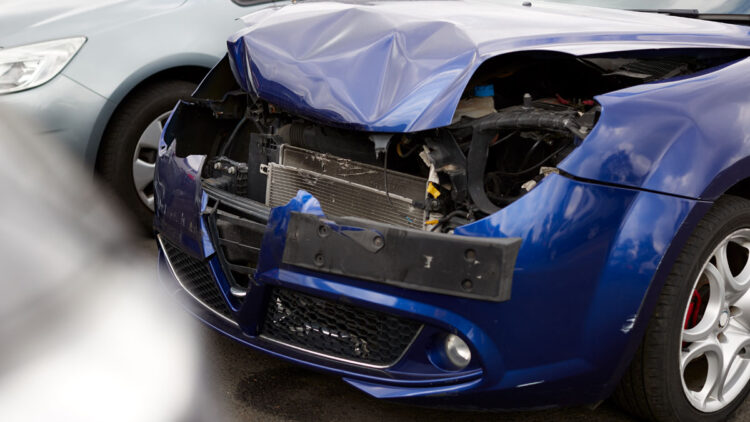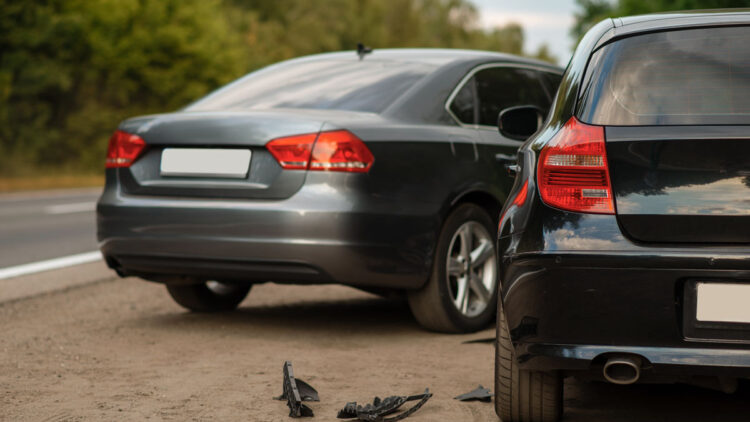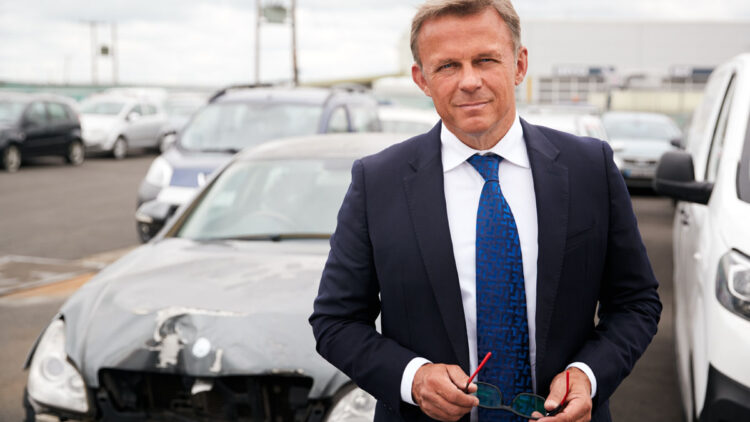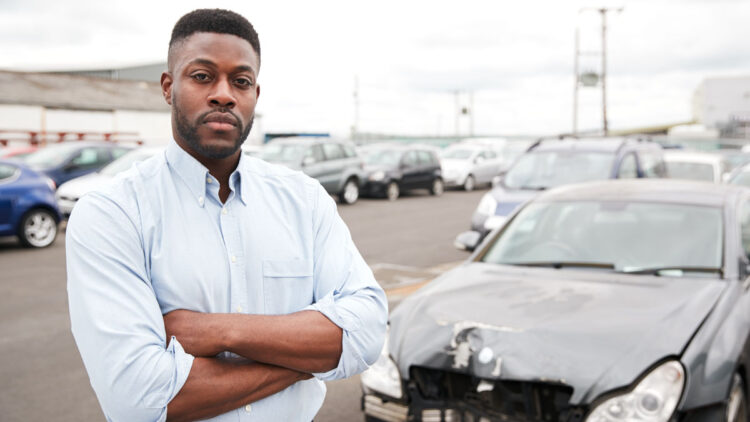10 Reasons to Hire an Accident Attorney
If you’ve been in an automobile accident, hiring an accident attorney can be a smart move. Here are ten reasons why:
- An accident attorney can help you navigate the legal process. The aftermath of a car accident can be overwhelming, with many different parties involved, including insurance companies and law enforcement. An accident attorney can help you understand your rights and responsibilities, and guide you through the legal process.
- An accident attorney can help you get the compensation you deserve. Insurance companies are in the business of making money, and they may not be willing to pay out the full amount you’re entitled to. An accident attorney can help you fight for the compensation you need to cover medical bills, lost wages, and other costs associated with the accident.
- An accident attorney can negotiate on your behalf. Insurance companies often try to settle cases quickly and for as little money as possible. An accident attorney can negotiate with the insurance company on your behalf, helping you get the best possible settlement.
- An accident attorney can represent you in court, if necessary. If the insurance company refuses to offer a fair settlement, or if the other party involved in the accident disputes your version of events, your accident attorney can represent you in court and fight for your rights.
- An accident attorney can provide valuable advice and guidance. An experienced accident attorney can provide valuable advice and guidance on a wide range of issues, from dealing with the insurance company to making sure you get the medical treatment you need.
- An accident attorney can investigate the accident and gather evidence. In order to build a strong case, it’s important to have evidence that supports your version of events. An accident attorney can investigate the accident and gather evidence, such as witness statements, accident reports, and photographs, that can help your case.
- An accident attorney can protect your rights. The other party involved in the accident, and their insurance company, may try to take advantage of you, especially if you’re not familiar with the legal system. An accident attorney can protect your rights and make sure you’re not taken advantage of.
- An accident attorney can handle the paperwork. There are many forms and documents that need to be filled out and filed after an accident, and it can be overwhelming trying to keep track of everything. An accident attorney can handle the paperwork for you, making sure that everything is filed properly and on time.
- An accident attorney can provide emotional support. Dealing with the aftermath of a car accident can be emotionally difficult. An accident attorney can provide emotional support and guidance, helping you cope with the stress and anxiety that can come with being in an accident.
- An accident attorney can help you avoid common mistakes. There are many pitfalls that people can fall into after an accident, such as giving a recorded statement to the insurance company or accepting a lowball settlement offer. An accident attorney can help you avoid these mistakes and make sure you get the best possible outcome for your case.
In short, hiring an accident attorney can provide valuable support and representation after an automobile accident. If you’ve been in a car accident, don’t hesitate to contact an attorney to discuss your options.

